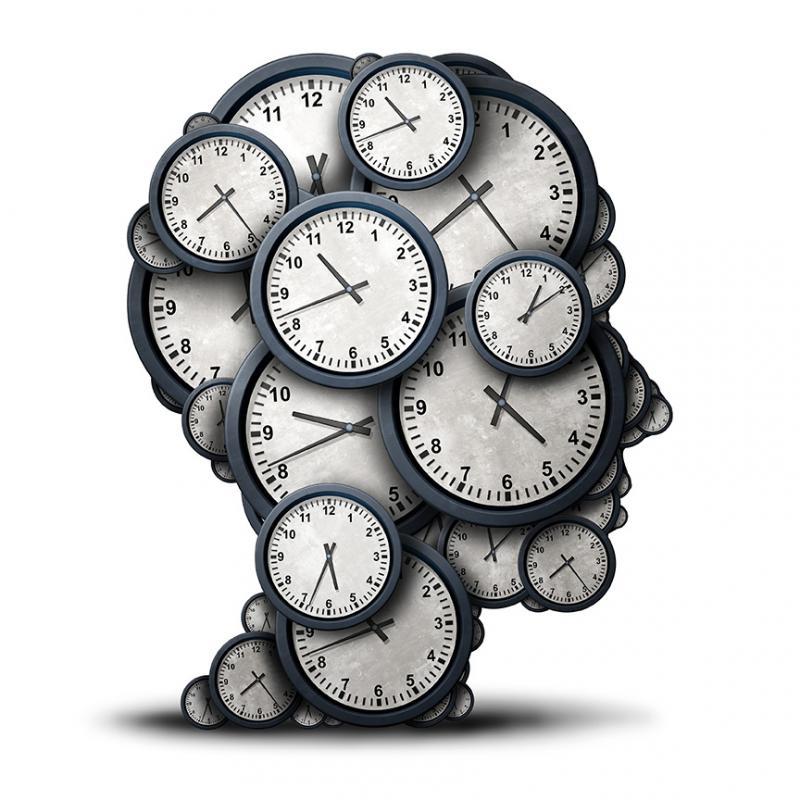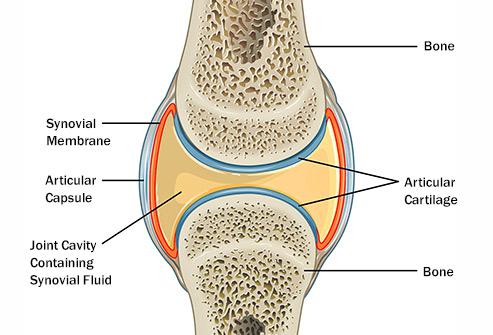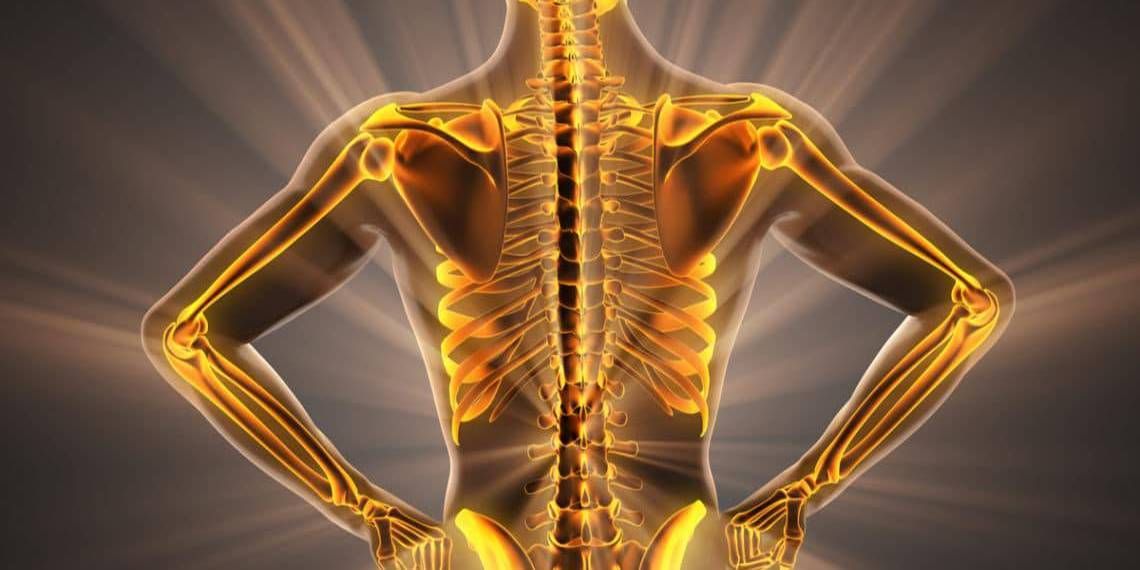A survey conducted at Liverpool John Moores University in the United Kingdom found that physical or social distancing during the pandemic has affected people’s perception of time.
“Prior to my research, I had assumed that lockdown passed slowly for everyone. I know it did for me. My research has shown that this isn’t really true,” Ruth S. Ogden, PhD, lead researcher of the survey, told Healthline.
Ogden created an online questionnaire that asked 604 participants in the United Kingdom to rate on a sliding scale how fast they felt time was passing compared to normal, both over the course of a single day and over a full week, between April 7 and April 30, 2020.
The questionnaire also asked participants about their emotional state, task load, and their feelings about their social interaction during this time.
Ogden discovered that about 20 percent of the participants experienced time as normal during lockdown, 40 percent experienced it as slower than normal, and 40 percent faster than normal.
“When I looked at what made time pass slowly, I found that being older (above 65) and having low levels of satisfaction with current levels of social interaction and high levels of stress were likely to make someone feel like lockdown was passing slowly. Conversely, being young, busy, and socially satisfied made lockdown pass more quickly,” she said.
Dr. Michael N. Shadlen, principal investigator at Columbia University’s Zuckerman Institute, says these findings correlate with concepts from the neuroscience of time perception.
How human brains and emotions track time
As the brain evolved over time, Shadlen says its parts that involve thought and cognitive function, such as planning and executive control, developed the ability to keep track and control of time.
“Everything we do has to be controlled in time, otherwise we’d be simple creatures that react in the moment,” he said.
When it comes to time perception, emotions play a part.
“People assign an emotional valence to every experience, including the passage of time. We color our experiences in ways that reflect our enjoyment or repulsion,” Shadlen said.
For example, if we enjoy going to a concert or playing in a basketball game, we might wish they lasted longer. However, if we dislike these events, we might feel like they took too long.
Emotion is one of the primary causes of distortion to the passage of time, adds Ogden.
“So, when we experience fear, we experience a sensation of more time passing than normal. This is because our perception of time is affected by our level of arousal,” she said.
Ogden explains that increases in activity in the sympathetic nervous system, which prepares the body for the fight-or-flight response, are associated with lengthening of time.
On the other hand, increases in activity of the parasympathetic nervous system, which calms the body, are associated with a slowing or shortening of time.
Shadlen compares the lengthening of time to retellings of near-death experiences.
“This is speculation, but people who have near-death experiences [will often report that] things seemed to slow down. That’s probably because they were so fully aware of every detail of the events. The adrenaline lets them process more events quickly, but the brain can only form internal reports at the normal frame rate, so to speak, so the conscious experience is like slow motion,” he said.
Similar effects are seen in people with mental health conditions, notes Ogden.
“People with depression will often report that during periods of depression, the days drag by. This is reflected in our lockdown experience: Being socially unfulfilled (which is associated with depression) is associated with a slowing of time,” she said.
However, Shadlen points out that the association with pleasant and unpleasant experiences doesn’t always correlate with fast and slow passages of time, respectively.
“I used to work with patients in the hospital. When I was busy in the emergency room, time flew by, but that doesn’t mean it was fun. I might have been dealing with some pretty horrible things,” he said.
“So, it’s not that everything you experience negatively means the time will feel slow; it’s more about the punctuation. If you’re in a zone, concentrating, there are few distracting events. To paraphrase the Mad Hatter, ‘the report started, got to the end, and stopped,’” Shadlen said.
Source: https://www.healthline.com/








